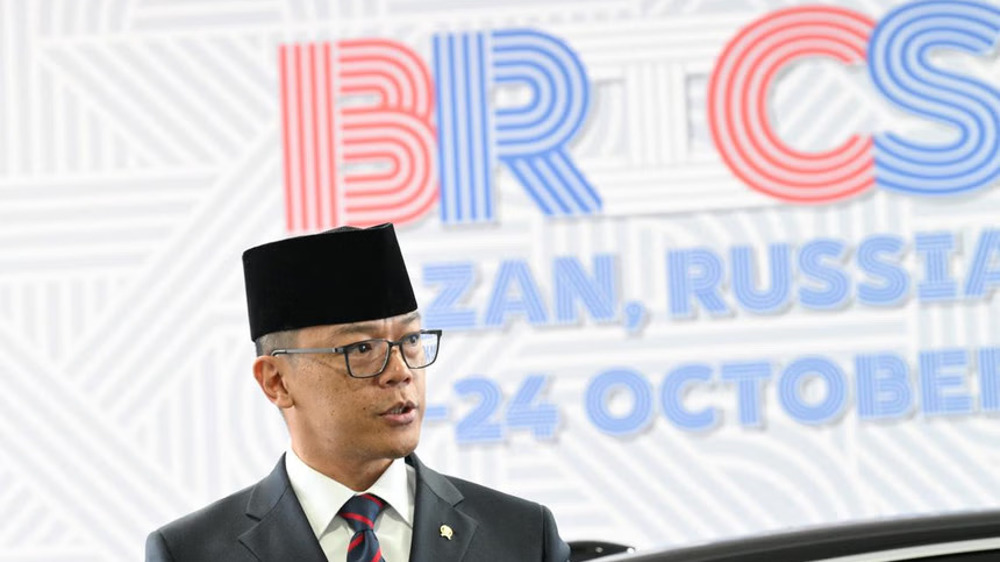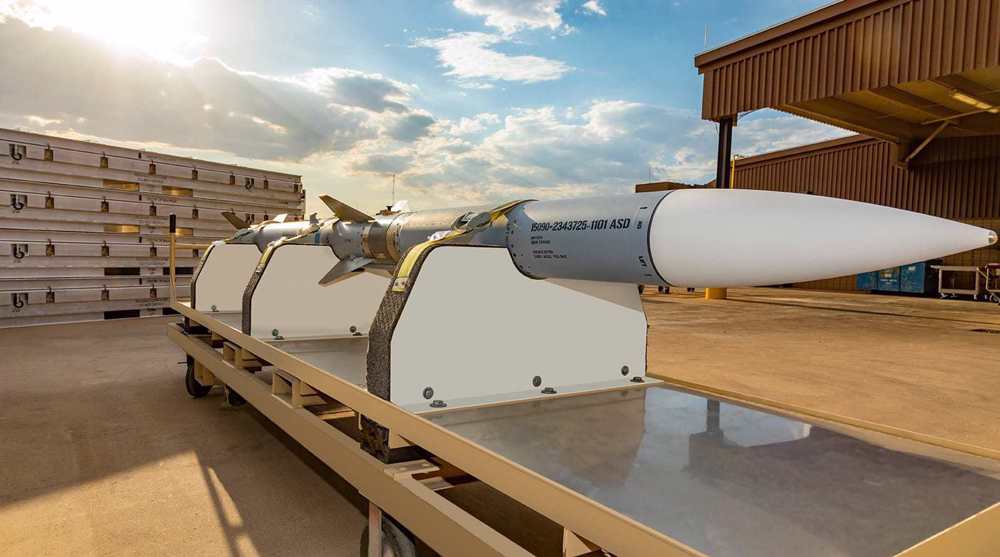Okinawa governor moves to pull plug on US base relocation
The governor of Japan’s southernmost prefecture of Okinawa has ordered a halt on the development of a controversial plan to relocate a US military base there.
Speaking at a news conference in the prefecture's capital, Naha, on Monday, Takeshi Onaga stated that he would revoke an earlier drilling permission needed to relocate the Marine Corps Air Station Futenma to a sparsely-populated coastal region.
"Because rock drilling has apparently been carried out (outside the area covered by the permit), I ordered them to suspend the work while the prefecture probes the issue," he said.
The governor added that he had asked the Okinawa Defense Bureau to suspend “any act that changes the status quo of the seabed” and warned that he may annul the permit unless the bureau stops the work within a week.
The Okinawa governor’s comments were met by opposition, and triggered a new confrontation with the central government in Tokyo.
Chief Cabinet Secretary Yoshihide Suga described Onaga's move as "regrettable."
"The construction work is taking place after (Okinawa) agreed on it. It's impossible" that the work be suspended, he told reporters in Tokyo.
Japanese Defense Minister Gen Nakatani also roundly dismissed Okinawa governor’s measure.
"We will continue the work without making a fuss.... We don't think there was any wrongdoing," he said.
The United States plans to move the Marine Corps Air Station Futenma to a more remote coastal area called Henoko in Nago City to consolidate its troop presence in Okinawa.

Washington and Tokyo first agreed in 1996 to relocate the base from a more congested part of Okinawa to Nago, but opposition from local people and environmental groups has prevented construction in the small town of nearly 60,000 people.
About half of US forces in Japan are based in Okinawa. Many locals have complained about base-related crimes, noise and the risk of accidents.
Susumu Inamine, the mayor of Nago, had earlier issued a statement protesting the move. "Pushing forward with this tramples on the human rights of the people, and the rich diverse natural life of this region. This is no longer about democracy," Inamine said.
There are reports about the high number of sexual assaults by US military personnel in Japan, as many offending soldiers receive either no or very light punishments.
According to documents obtained by the Associated Press, American military personnel were involved in more than 1,000 sex crimes between 2005 and 2013 in Japan.
MP/HMV/SS
Hamas thanks Iran, Resistance Front following achievement of ceasefire in Gaza
'Capitulation': Israeli officials and media concede Gaza defeat as truce unfolds
'Gaza has won': Social media users react to ceasefire with mix of relief, joy
Iran seeks South Korea’s assistance for AI, fiber-optic projects
VIDEO | Iran's 'Eqtedar' (Power) maneuver
Israel hits HTS military target in Syria for 1st time since fall of Assad
VIDEO | Press TV's news headlines
Israel has slaughtered 13,000 students in Gaza, West Bank










 This makes it easy to access the Press TV website
This makes it easy to access the Press TV website